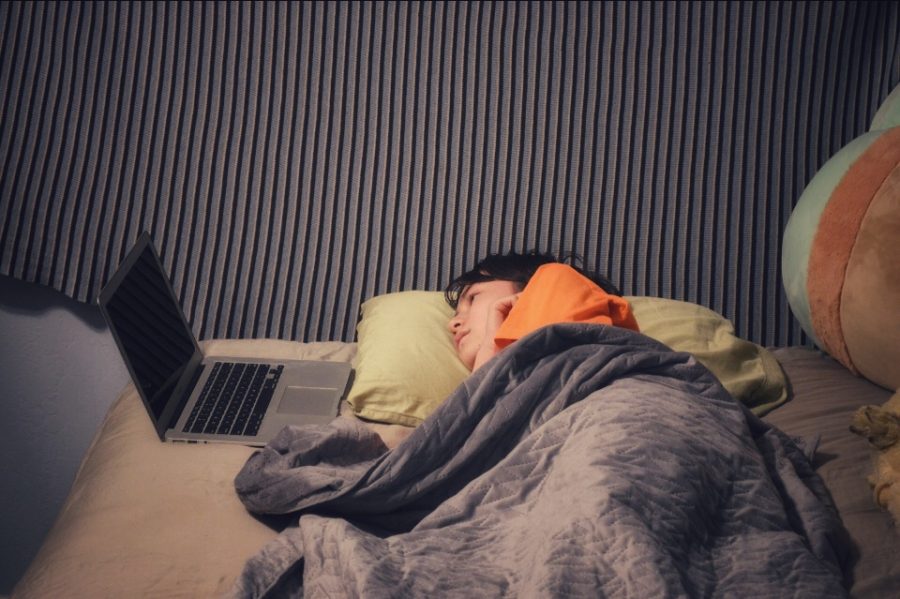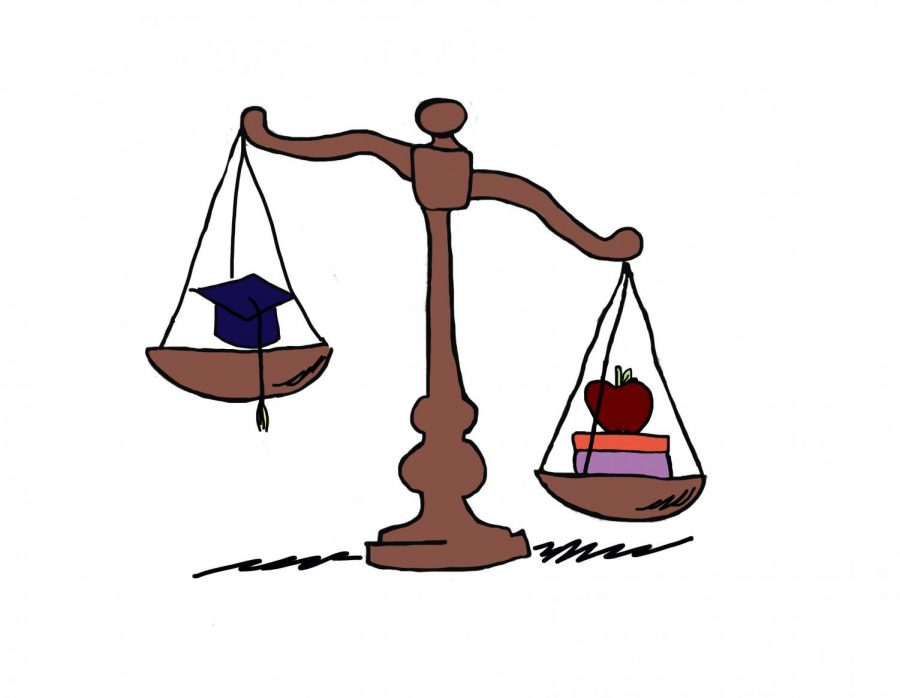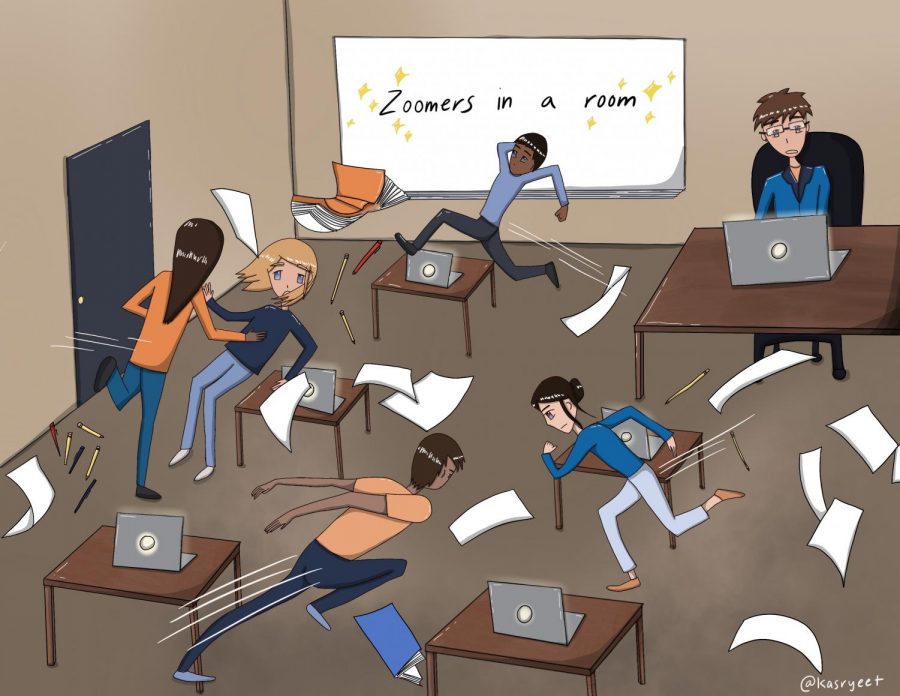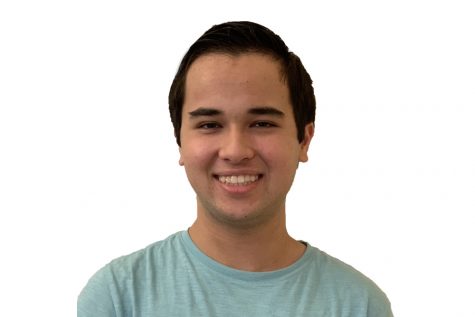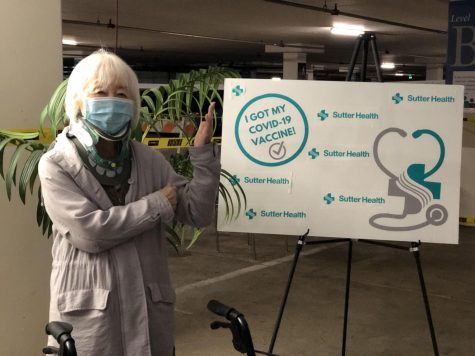
With great anticipation, the local rollout of the COVID-19 vaccine began in January after 10 months of persevering through the global pandemic where the U.S. has suffered over 27 million cases and over 450,00 deaths, according to the Center for Disease Control (CDC).
In California, Gov. Gavin Newsom outlined a plan for vaccinating Californians, and the San Mateo County Health Department created a specific plan for how vaccines will be distributed locally. However, there is still uncertainty around the virus and its possible side effects, which leads people to question how we can achieve herd immunity, with shortages and the public’s hesitance to get the vaccine.
“Typically, herd immunity can be achieved from vaccination when 70% of the population is vaccinated; however, with new variants, it could go as high as 80% needed. Recently, with the new variants from Brazil, South Africa, and the United Kingdom, this percentage may need to be higher, even 90%, to reach herd immunity,” said Dr. Peter Chin-Hong, a professor of Medicine at the University of California San Francisco.
For the COVID-19 pandemic, the obstacle in the path to herd immunity is trust; many people are worried about the safety of the vaccine because it hasn’t had time to test for long-term effects.
“I want to take the vaccine as I am very fearful of getting COVID-19, but I am concerned about the side effects,” said Betty Emanuelle, a senior citizen living in San Jose.
Despite the prospect of more vaccines coming, Chin-Hong is confident in the vaccine’s safety and urges people to get vaccinated now.
“It’s not like you’re shopping for the right cereal at Safeway, where one may be better than the other. For these vaccines, they are all really good,” Chin-Hong said.
Unfortunately, the vaccine has experienced supply shortages that have made it difficult for some to get vaccinated. Judy Allen, 75, felt frustrated by her experience trying to sign up, having trouble finding where to sign up, and then how.
“It took me four days of intensive work to drill down and make it through websites and phone recordings before I could even get an appointment,” Allen said.
Even with appointments, some people scheduled to get the vaccine haven’t due to shortages that canceled their appointment. Locally, San Mateo County health officials are working hard to help administer information and the vaccine. Srija Srinivasan, the deputy chief of San Mateo County Health, acknowledges people’s frustrations.
“It’s a frustrating time for many, but we are trying to communicate clearly through a variety of channels, and we have been in good contact with key providers. At one of our weekly conference calls with providers, we had several hundred on the call and several thousand on our distribution list for updates,” Srinivasan said.
In addition, state health officials have continued updating their current tier system to get the vaccine first to better protect the community. Further, Chin-Hong explained that because the vaccine rollout has been very “patchwork,” herd immunity will likely not be achieved at once but in stages, from local to larger bubbles.
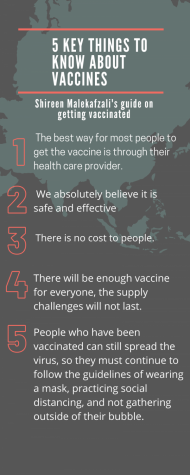
“First it can be a household, then regional, such as San Francisco, San Mateo, Marin County, and eventually national. We probably won’t achieve worldwide herd immunity until at least 2022 at the earliest given the costs and the infrastructure,” Chin-Hong said.
Shireen Malekafzali, the health equity officer of San Mateo, stresses that most doctors, Malekafzali included, believe that the vaccine is safe and effective, and once you have the vaccine, you can still spread the virus.
However, vaccinating youth poses a challenge to herd immunity because both the Moderna and Pfizer-BioNTech vaccines are not authorized to vaccinate those under 16 years old.
“Since children and teens under 18 years make up about 25% of the population in the U.S., the implication is that it is all the more important to vaccinate as many adults as possible,” said Dr. Dylan Kann, a specialist in pediatric infectious diseases at Kaiser Permanente. “To help bring this pandemic under control, it is important that everyone does their part,” Kann said.
In a survey of 25 Carlmont biology students that would be eligible to get the vaccine, 92% said they plan to get vaccinated, with concerns about allergic reactions or unknown side effects causing the other 8% to hesitate.
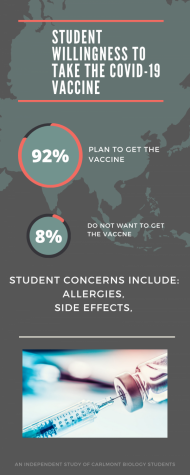
In order to achieve herd immunity, Srinivasan and Malekafzali both stress the importance of vaccinating adults.
“Just as young people are influential in helping older generations to feel comfortable with technology, they can also help their families understand the importance and safety of getting vaccinated,” Srinivasan said.












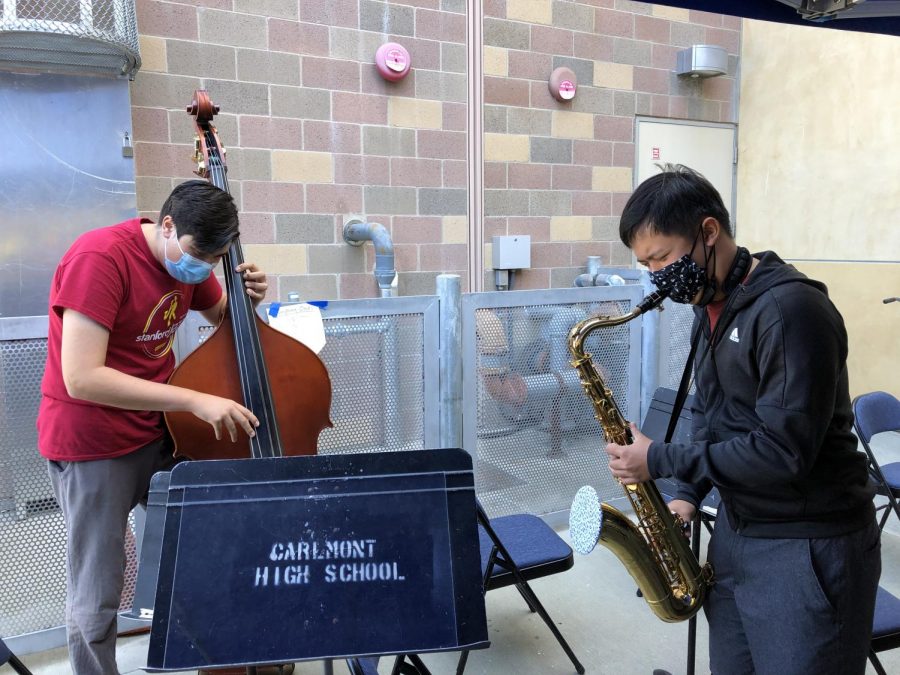
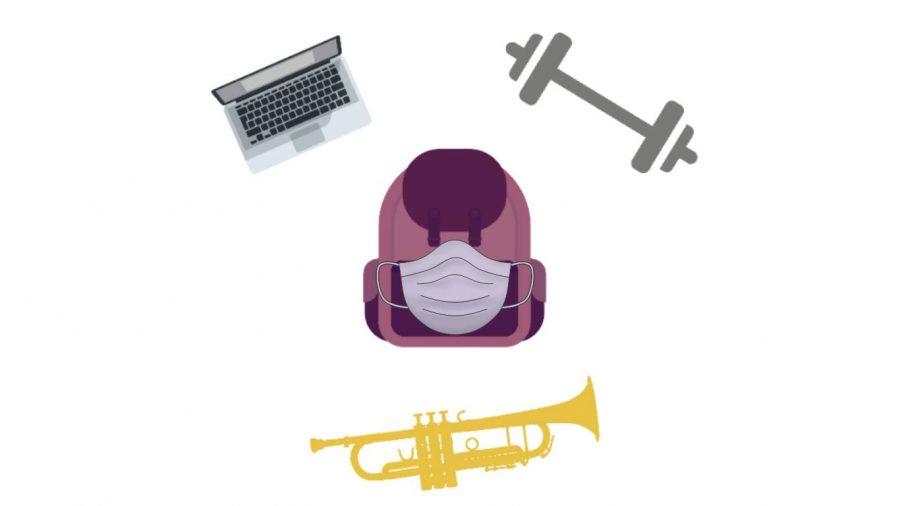
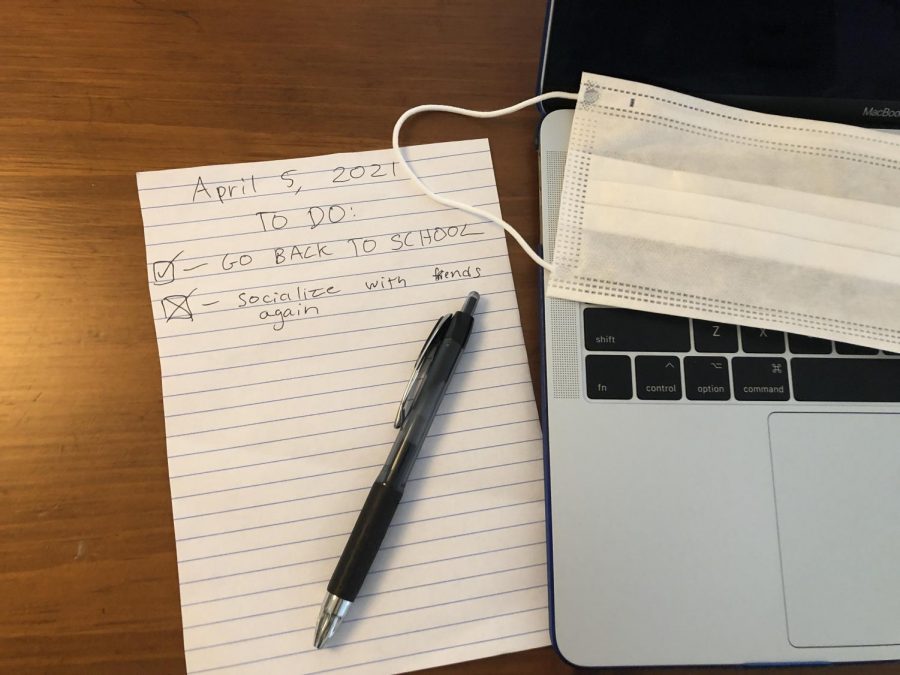
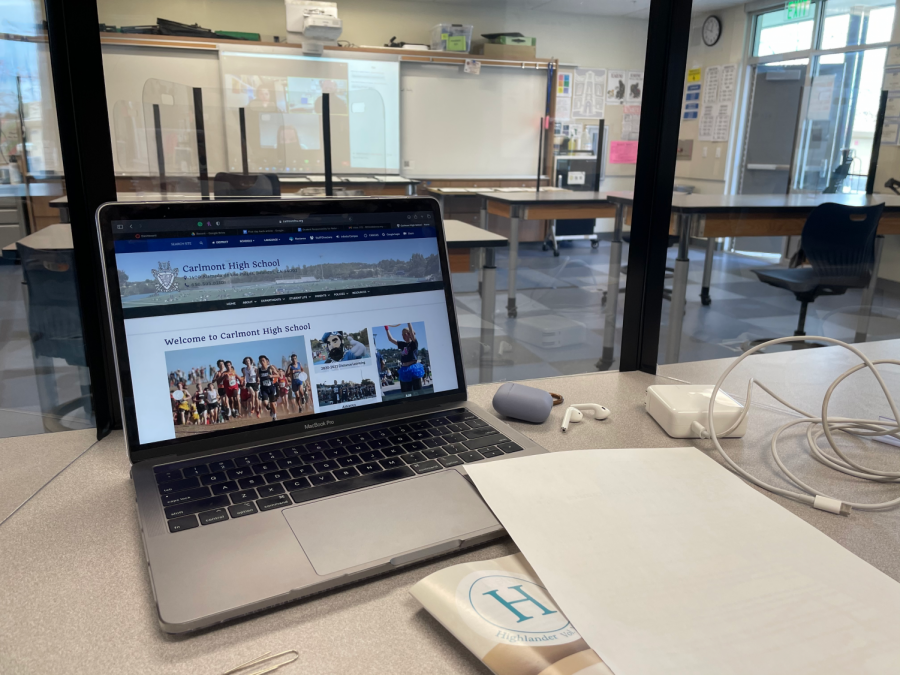
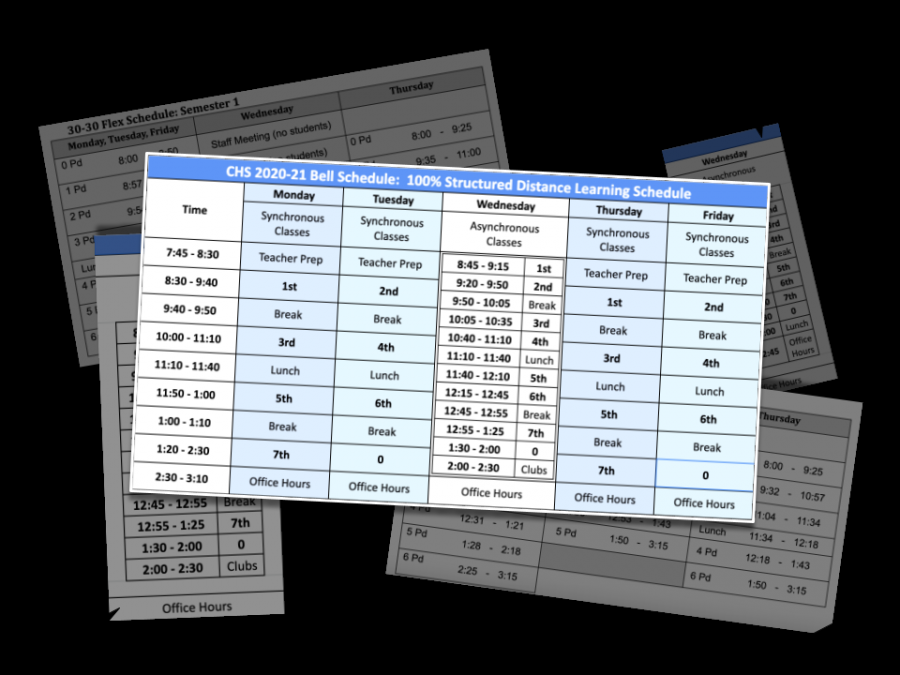
![One of the slides presented at the seminar shows how specific hallways will be designated as one-way or 2-way hallways. "In most cases, the one-way or one-directional hallway [is used] to minimize the crossing of students, but there are some hallways that are going to be two way," said Greg Patner, the administrative vice principal. "You can see some of those arrows are two-way arrows like near the football field, and then there's some that are one-way arrows to help students to navigate successfully around campus."](https://scotscoop.com/wp-content/uploads/2021/03/Screenshot-2021-03-17-4.14.19-PM-900x506.png)
